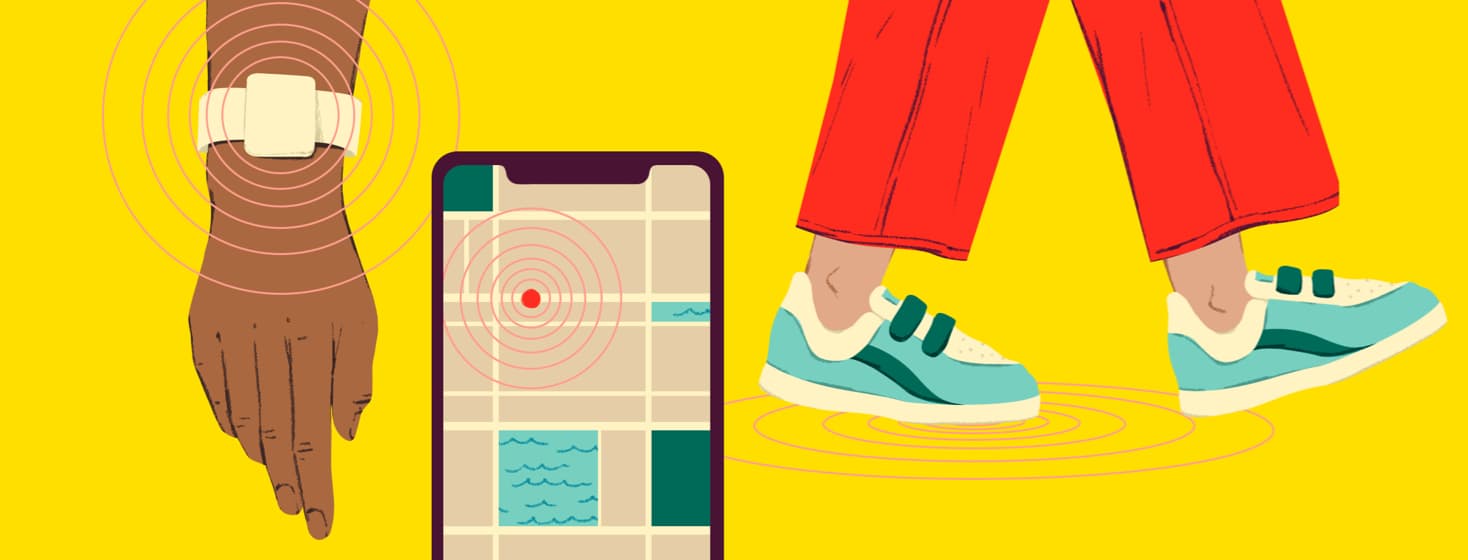How to Get Your Steps In
As a heart failure patient myself, I know how important exercise is for our condition. It's something that not only my doctor asks about every time I see him, but it's clearly stated in paperwork from my physician, and it's something that I know in my gut to be so true.
Exercise and heart failure
Personally, I have found that regular exercise increases my endurance/stamina and I can do more before I become tired or out of breath. For example, I recently underwent my second bout of COVID followed by a respiratory infection. Even after I recovered I found that I was out of breath more quickly than I was before I got sick. My doctor explained to me once that one of the important things about exercise is that it conditions the rest of the muscles in your body, so they can do more with less oxygen. Muscles are like your heart (which is also a muscle), and muscles need oxygen to work. With exercise, the outcome being that it increases your functionality even when your heart isn't pumping as it should. Moreover, if you want to learn more, you can always read the article I read from the Cleveland Clinic about exercise for heart failure patients in the references section of this article. It turns out that I'm not crazy! 1
As a disclaimer, consult with your medical team and follow their instructions. It is critical that we follow the directions from our medical providers. There is information a lot of different places, but our medical team(s) understand our history, have access to our medical charts and are truly the people that we should be taking the directive from. And it's important to stay compliant!
Finding energy and balance
However, finding the energy for daily exercise is hard. I no longer have the energy to necessarily dedicate a workout after work like I used to. On the other hand, if I feel like I am doing more then usual at work from a physicality standpoint, how do I gauge when to stop? Like if I work at a huge facility and I've taken multiple laps around the facility to talk with employees, how do I gauge how much more I should do after work? What if I'm really tired?!!! How do I know if that's enough? On the other hand, I want to do what's best for my health and I know that a few trips to the grocery does not necessarily count as 'exercise' either. So how can I gauge what I need to do on a daily basis? What's a well-intentioned heart failure patient supposed to do?!
Counting My Steps
I posed this question to my heart failure PA. First of all, she said that if I am so tired I cannot get off the couch the next day I have done too much. More is not necessarily better in the world of heart failure exercise. Consistent exercise is important and she said that for days that it feels like I've walked a few miles at work and I'm pooped, take a look at my steps. While dedicated exercise time is ideal, if I am at or over my step count for the day it's okay to not go for that walk after dinner or go to my structured exercise class that day.
Personally, I have found that using my steps as a guide has been helpful. Also, on days when I am feeling particularly tired, it has helped me to know that I can break up the exercise into two 15 minute walks, as an example. Keeping track of my steps helps me keep track of it all sometimes!
I recently wrote an article on step trackers as well if you want to learn more about wearable fitness devices. I hope this helps!
Do you have a heart failure story? Click the button below to share with our community!

Join the conversation